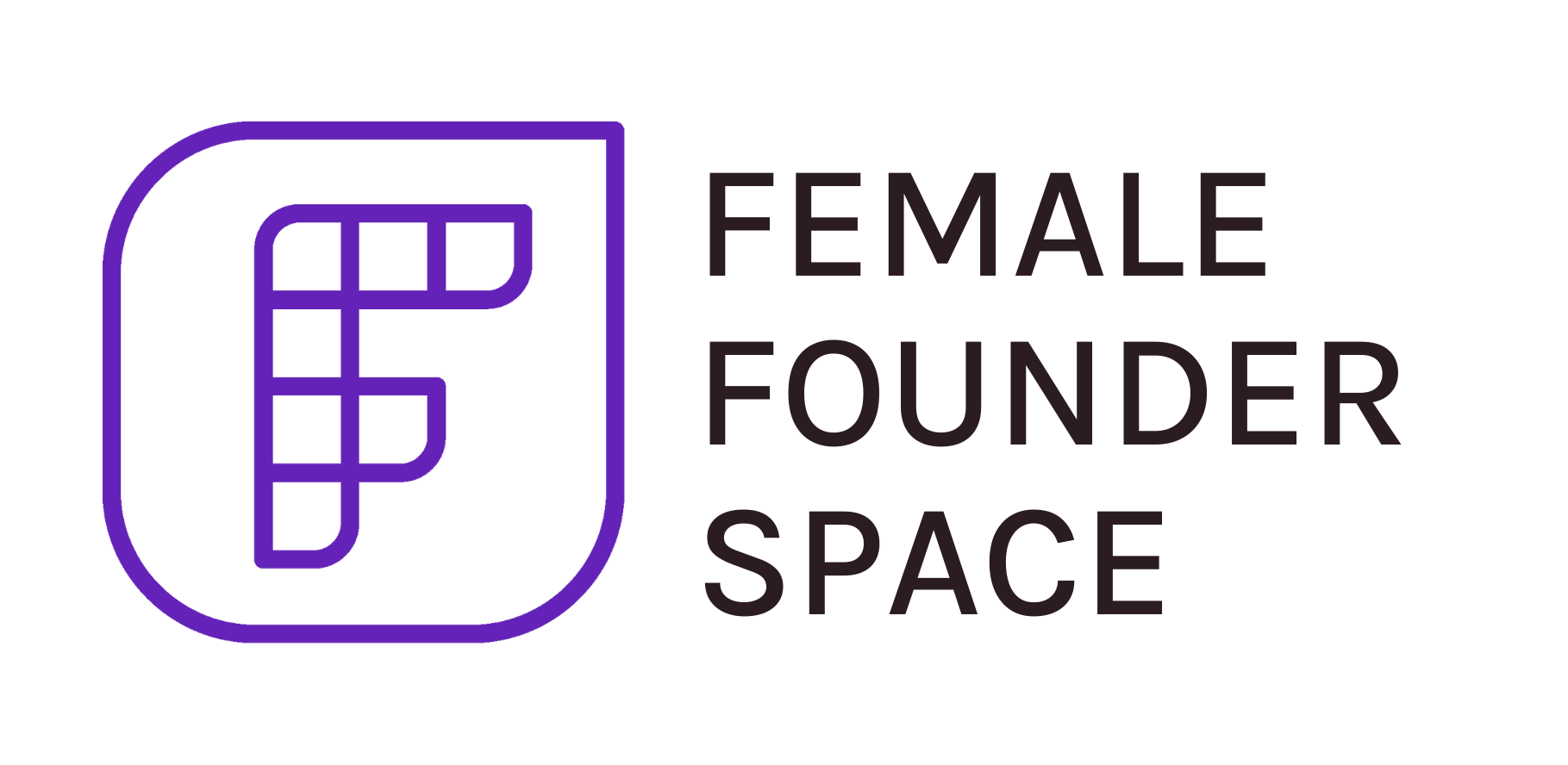Overcome Your Fear of Visibility & Stage Fright
Transcript
So the first thing that I’m going to make mention of is surprisingly, perhaps to some of you, meditation. It’s so important to come from a place of confidence and confidence comes from a place of stillness and silence and a belief in yourself. So the most important thing to remember is that you need to be 100 percent authentic. So what does that mean to be 100 percent authentic? It means that you shouldn’t be thinking about what other people are thinking about you as you tell your story. As you become visible to others, you shouldn’t be thinking about how other people are perceiving you, because the more you do that, the more inauthentic you come across that. So I’m going to go back to meditation and stress the fact that meditating, knowing yourself and coming from a place of true confidence and authenticity shines out to people. I’m going to leave you with one thing you need to know that you are not your story. You are the teller of your story. So what that means is you need to really, truly understand that the story that you come from that might make you feel or look vulnerable isn’t who you are today, who you are today is what you decide and choose to be. You are the teller of a message that you have taken from that story. If you understand that, then you can be absolutely fearless.
Not all introverts are completely introverted and they actually turn into extroverts when they step on the stage. But for those of you who are a little bit afraid of the stage and you have stage fright, the best thing that I can tell you is to remember. The different planes of your own existence. To be aware of them. And then work on each and every one of them before you step on stage. So what are the different planes of existence? We will start with the most concrete. The first one and the most concrete, the most tangible one is your physical existence. So your body. What does that entail? That means your facial expressions, your hands’ gestures, your posture, your body language, your intonation, your voice. All of these can be worked on physically. It starts with breathing. It starts with very simple exercises of diaphragmatic breathing. Learn it, take some online, simple, short online courses if you need to. And then once you’ve got that. You add the layer of emotion, so you need to work on the emotional aspect of storytelling with the help of somebody or with the help of feedback or with the help of recording yourself and seeing how emotionally authentic you are. There are tactics and techniques that you can use also. And then once you actually put the physical and the emotional together, stage three, you need to see how confident you are with the tactics and techniques that you learned, how authentic you are, how real you are, how much you resonate with your audience. So you need to record yourself or get feedback from other people. So get into action and then see where you look fake because you will definitely look fake. If you’ve adopted a technique or a tactic that is not true to your core, to who you are or that hasn’t been practised enough. So once you find that out, you need to do some self-image work, which is mental, which is your confidence, which is knowing who you are, again, I go back to authenticity. It’s so important to be authentic and true to yourself. Once you come from a place knowing who you are and being authentic, then you can go back to the techniques that you’ve been practising and eliminate the things that you feel don’t really click with who you are, as a speaker, as a storyteller, and really, truly adopt the ones that do. It’s just like language learning. Learn everything in theory and then only adopt the things that you feel you’re most comfortable with and you’re most emotionally resonating with so that you can communicate on a much more authentic level.
